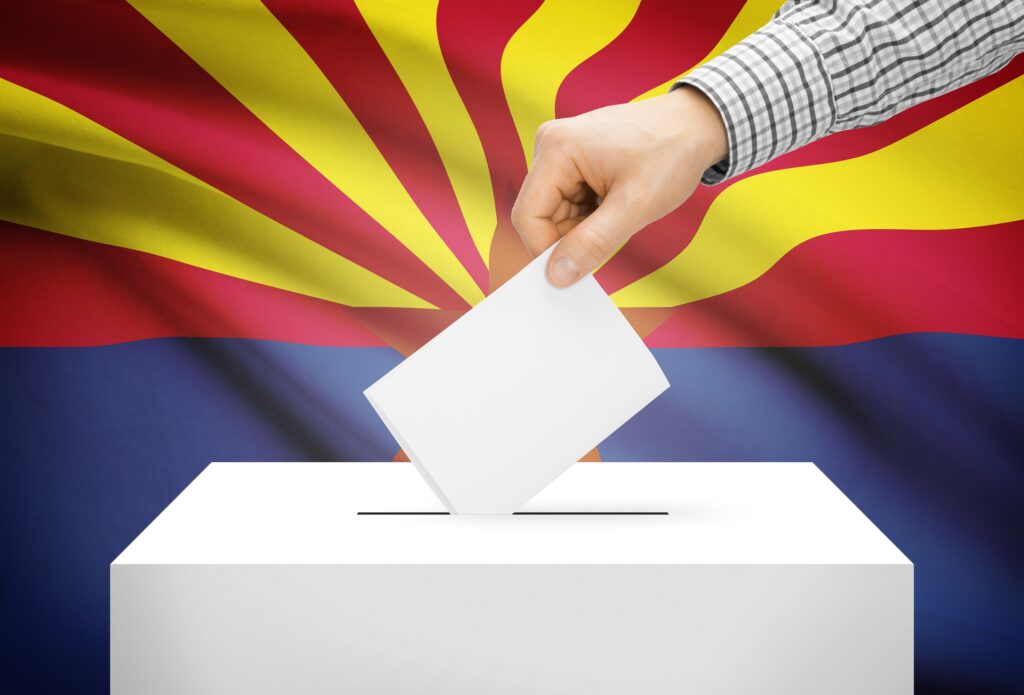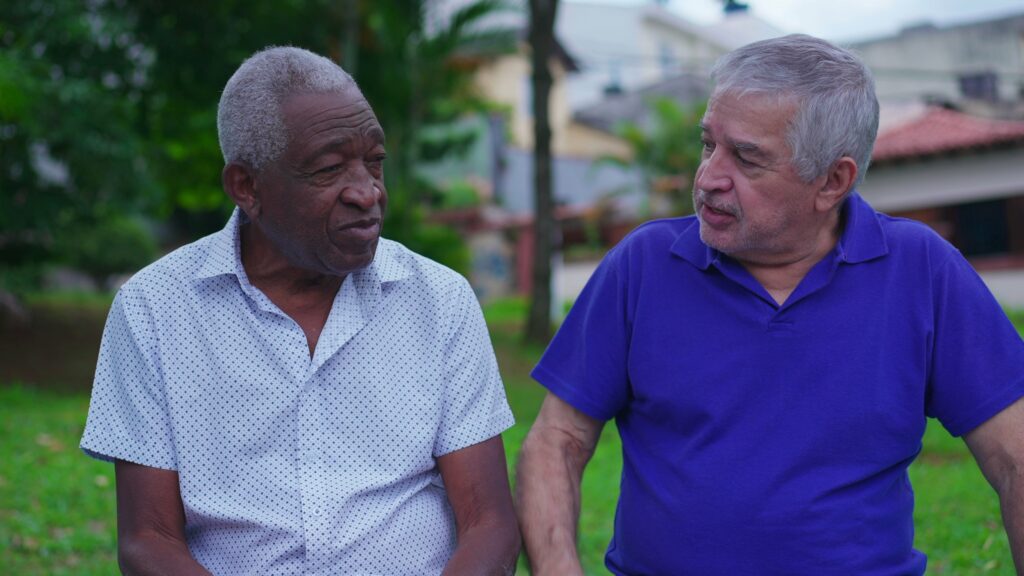Revisiting Alcohol Licensing Caps in 21ST Century America
Author
Key Points
Press Release
Alcohol Licensing Caps in Light of COVID-19
Media Contact
For general and media inquiries and to book our experts, please contact: pr@rstreet.org
INTRODUCTION
Alcohol licensing has been used since the early days of colonial settlement in America to regulate both who can serve and sell alcohol and when and how they can do so. Unsurprisingly, many types of licensing restrictions create unintended effects and can hamper efforts to modernize alcohol markets for the 21st century. However, as a result of the COVID-19 pandemic, laws surrounding alcoholic beverages in the United States are being rethought and reformed. For example, many of these changes involve developments like allowing to-go cocktails from restaurants, home alcohol delivery and more open container zones within our cities. However, licensing regimes for alcohol remain an issue. Specifically, restrictions on the availability of alcohol licenses—i.e., who can own a license and how many licenses should exist in a given area—are facing increasing scrutiny. This is as it should be because many of these rules are outdated and serve merely to decrease competition. In light of this, it is time for legislators and regulators across the country to consider updating them.










